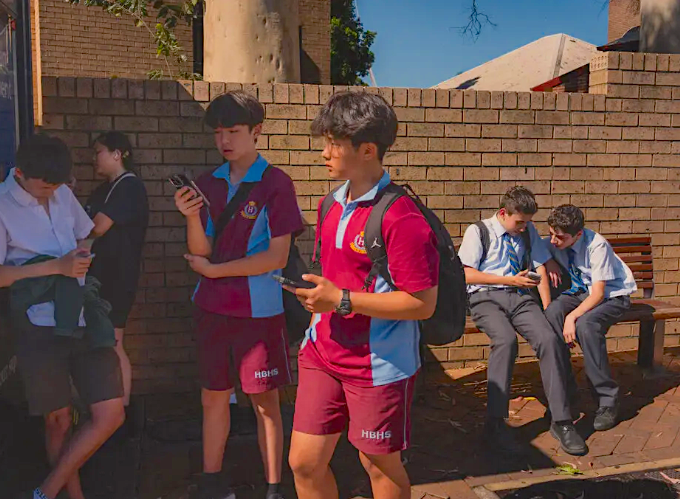Baker Institute for Public Policy, Rice University
Read MoreUniversity of Western Australia
Read MoreIowa State University
Read MoreUniversity of Cambridge
Read MoreAriel University, Israel
Read MoreUniversity of British Columbia
Read MoreUniversity of Cambridge
Read MoreIndiana University
Read MoreUniversity of Cambridge
Read MoreNew York University Langone Health
Read MorePew Research Center
Read MoreNortheastern University
Read MoreStanford University
Read MoreCenter for the Future of Arizona
Read MoreMIT Sloan
Read MoreUniversity of Zurich
Read MoreDemocracy Reporting International
Read MoreCenter for Countering Digital Hate
Read MoreUniversity of Cambridge
Read MoreBen-Gurion University
Read More


















